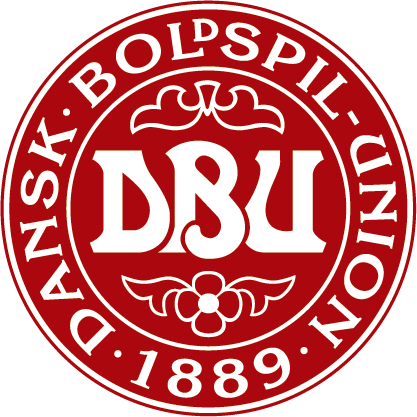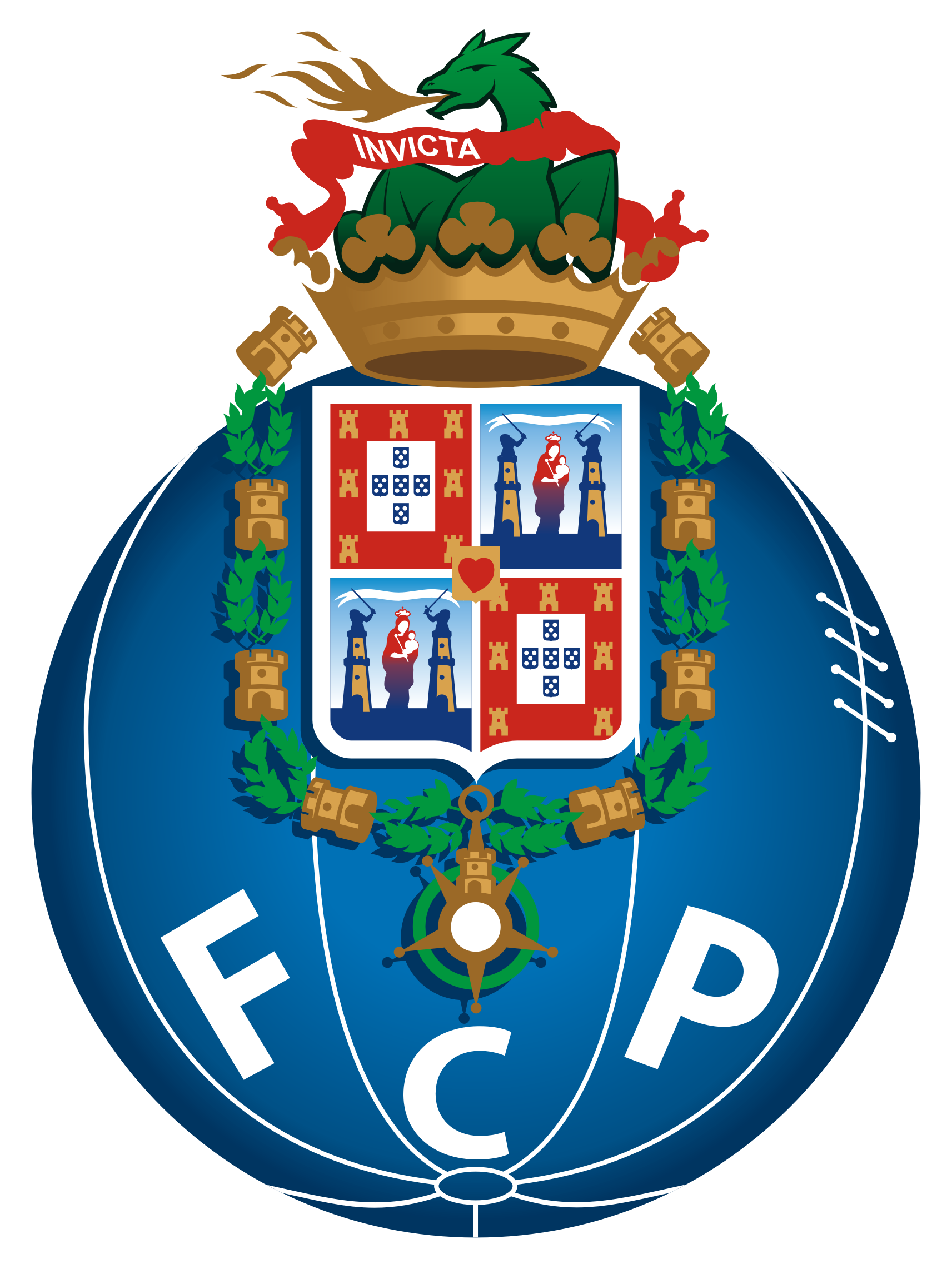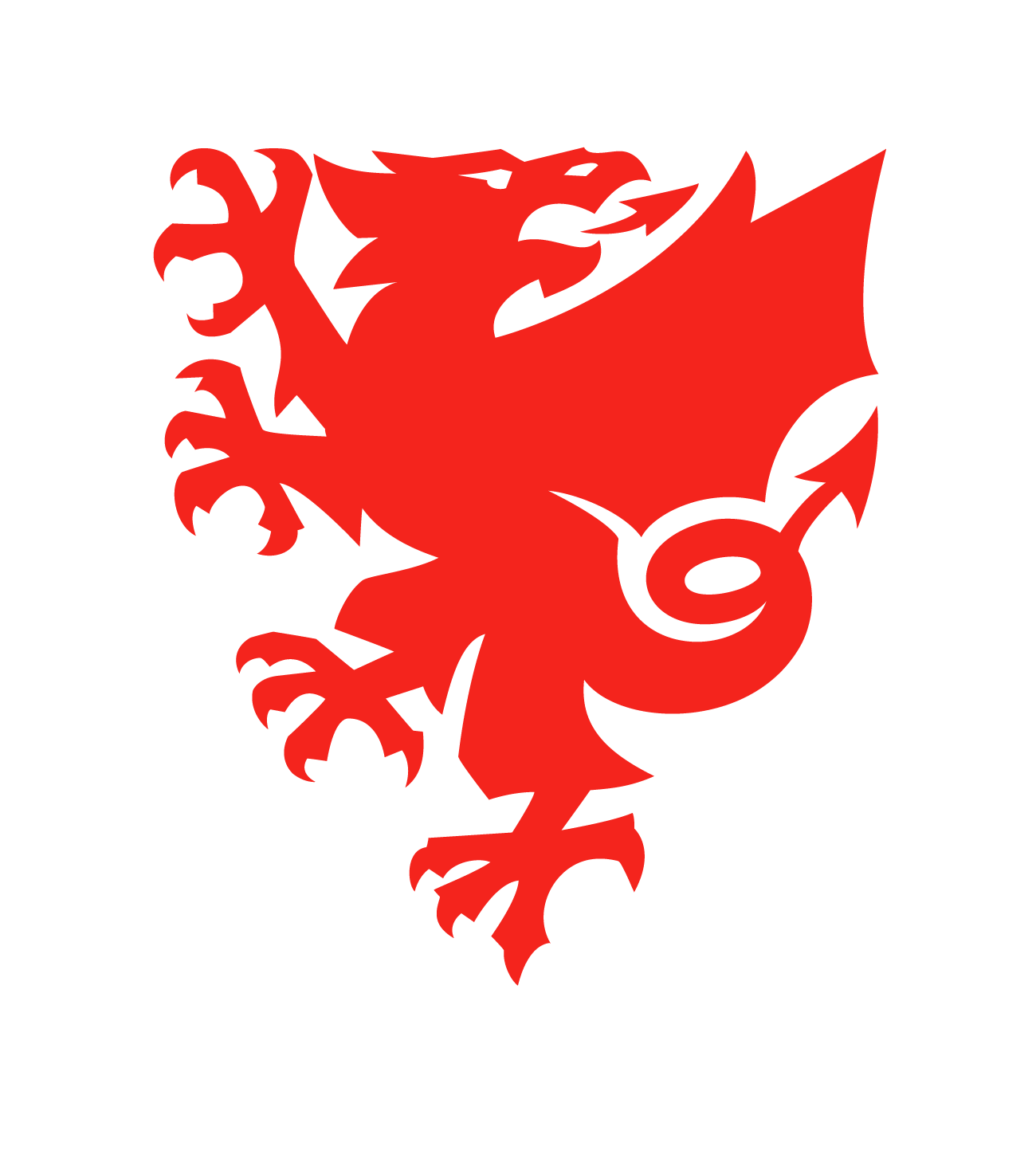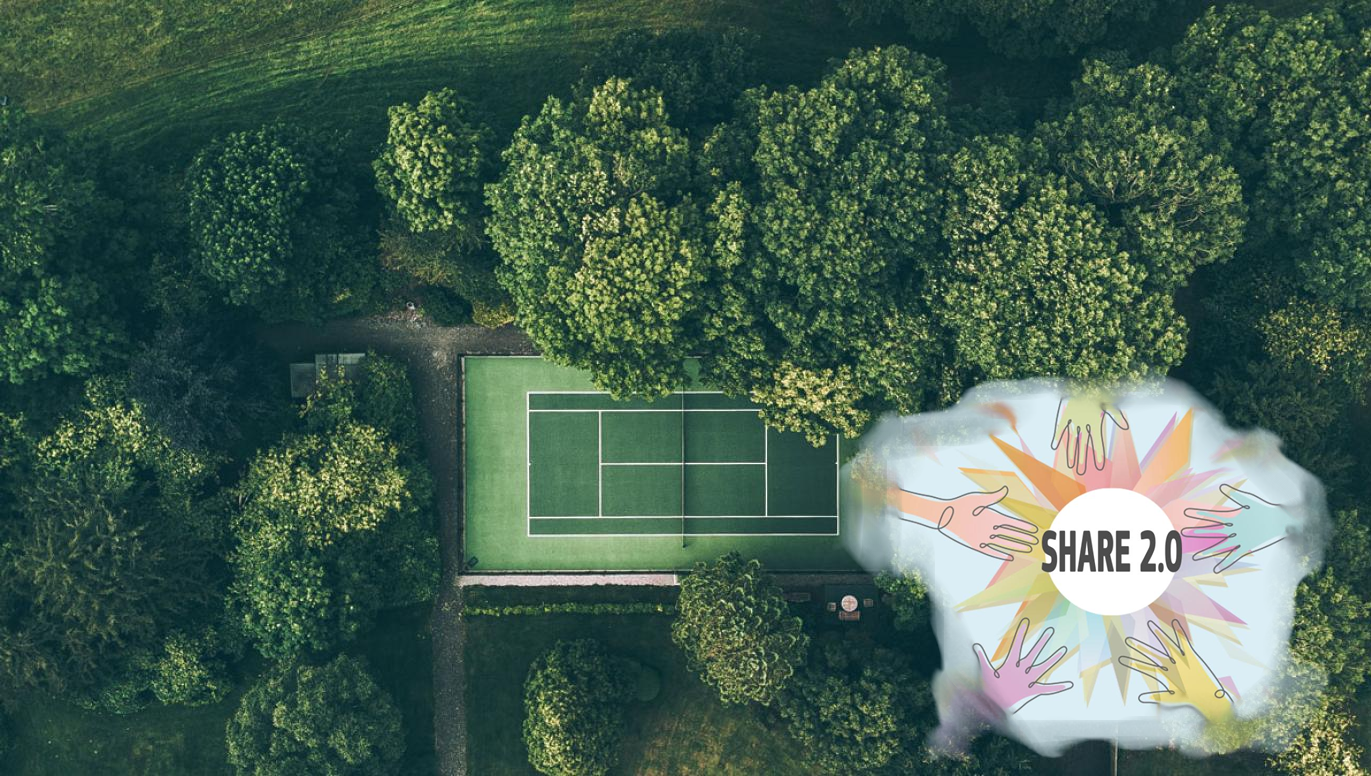ACR+
The ACCESS project contributes to the European Commission’s SHARE 2.0 platform’s legacy
Following the “Playbook for the European Green Deal” targeting the sport sector, the European Commission has been developing a new initiative with which they want to see increased commitments from sport organisations, sport venues, their cities, as well as individuals for implementing and embedding Green Deal principles in sports.
To focus on access to EU funding, health, innovation, and sustainability in the field of sport, the European Commission’s Sport Unit has been bringing together experts, practitioners, researchers and policy makers since 2018 when they established the SHARE initiative, which ran until 2023. Over that period, the SHARE initiative included extensive interactions, discussions, capacity building activities and knowledge exchanges among stakeholders, leading to knowledge and relationship building, ultimately promoting the use of funding opportunities for sport-related activities and improving their environmental performance and decreasing their impact on the environment.
This previous work was appropriately followed up in form of a new platform, SHARE 2.0, an extended initiative to foster dialogue, build capacity and facilitates collaboration among over 400 sport stakeholders in the fields of EU funding, health, innovation and sustainability. It is based around four Communities of Practice which include public authorities, grassroots sports organisations, federations, and policy experts – driven by a participatory method that allows all participants to take an active role. The ACCESS project was represented by the participation of Ernest Kovacs of ACR+, as the project’s coordinator.
This process is supposed to lead towards a tangible legacy among the platforms members and beyond – from leisure and grassroots activities to clubs and leagues of all sports and all sizes, from equipment and apparel manufacturers to sports technology and research organisations, from host cities and venue operators to rights holders and governing bodies. All these actors and activities contribute to sport’s environmental impact, be it in terms of providing goods and services, building or maintaining facilities, organising events or taking part as participants or fans.
The ACCESS project had the opportunity to provide valuable input which reflected the objectives of the project and highlighted the need for increased cross-cooperation between sport organisations, venue operators and their local and regional authorities. The feedback revolved around reinforcing and strengthening knowledge transfer, including the replication of good practices and success stories and a development of science-based solutions – from behavioural science to materials science and more. Finally, monitoring and continuous evaluation of various processes and operations was highlighted as another important aspect without which the validation of the invested efforts and resources could be difficult.
The follow up and the announcement of a larger scale engagement and outreach campaign is expected in June.
Following this exercise and the exchange with the SHARE 2.0 Secretariat, Ernest said:
Ernest Kovacs, ACR+
When a sport organisation’s efforts and resources are directed towards contributing to a larger picture, often driven by their local authority, we can reach a scenario in which a club or a venue don’t only make an event or a tournament “greener” but starts playing a significant role in the wider community’s determination to be more climate and carbon resilient. This is why narrowing the gaps between sport organisations’ strategies and priorities and those of their public authorities and agencies can benefit a much wider target group, that goes beyond a single sport event. Finally, seeing the ACCESS project as an exemplary initiative, recognised by the European Commission, and as a source of tools and inspiration is something that made me certainly proud, too.
















